#HCCASHEVILLE
#HCCASHEVILLE
For information regarding events affected by COVID-19, please CLICK HERE.
If not, please continue through to the form below:
This form is for guests to inquire about special services for attending, hosting, and related activities at our events.
Partnership Inquiries for Businesses & Organizations
Partnership Inquiry
You can report lost items by filling out the form below. In the ‘Description of items’ section, please include as much information about the item as possible, such as color and physical description. If an item is turned in that matches your item, you will be contacted to verify details of the item.
